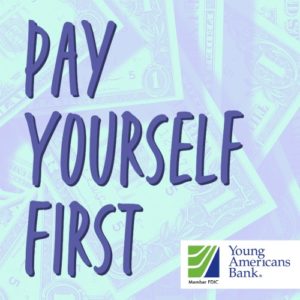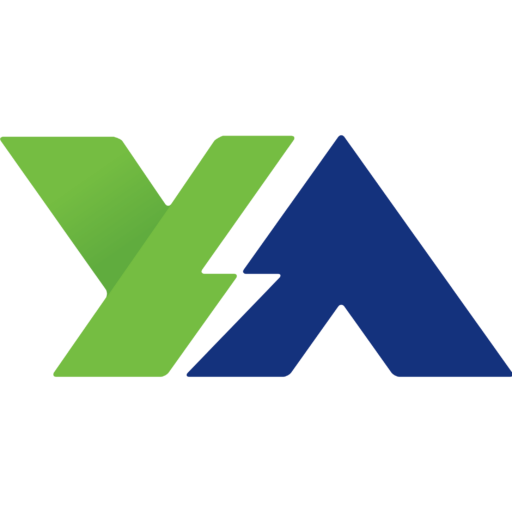Share This Article
What does Pay Yourself First Mean?
Pay Yourself First means that any time you receive money, you should immediately set aside a portion to save.
Why should you Pay Yourself First?
- Once you deposit money into your savings account it is safer, and

you’re less likely to spend it than if you keep it with you. - When you save at a bank, your money earns interest — free money the bank gives you. The longer your money stays in the bank, and the more you put in, the more interest you earn.
- When you Pay Yourself First, you always have a little extra money in the bank. This comes in handy for unexpected expenses.
- Paying Yourself First helps you make a savings plan to reach your goals, whether they are long or short-term.
- When you start depositing money into your savings right away, it becomes a habit, and you’ll remember to Pay Yourself First every time!
One simple way to Pay Yourself First is to use Direct Deposit so your paycheck is automatically placed into your checking or savings account.
What are the benefits of Direct Deposit?
- Your check can not be lost or stolen.
- Payments reach your account the day the check is issued, even when you are on vacation, feeling under the weather, or just can’t make it to the bank.
- When your check comes to the bank on time, you’re less likely to bounce a check because of a delay in available funds.
To set up a Direct Deposit, talk to your employer today. The paperwork normally takes only a few minutes. One pay period later, your money goes directly into your account at the bank.




